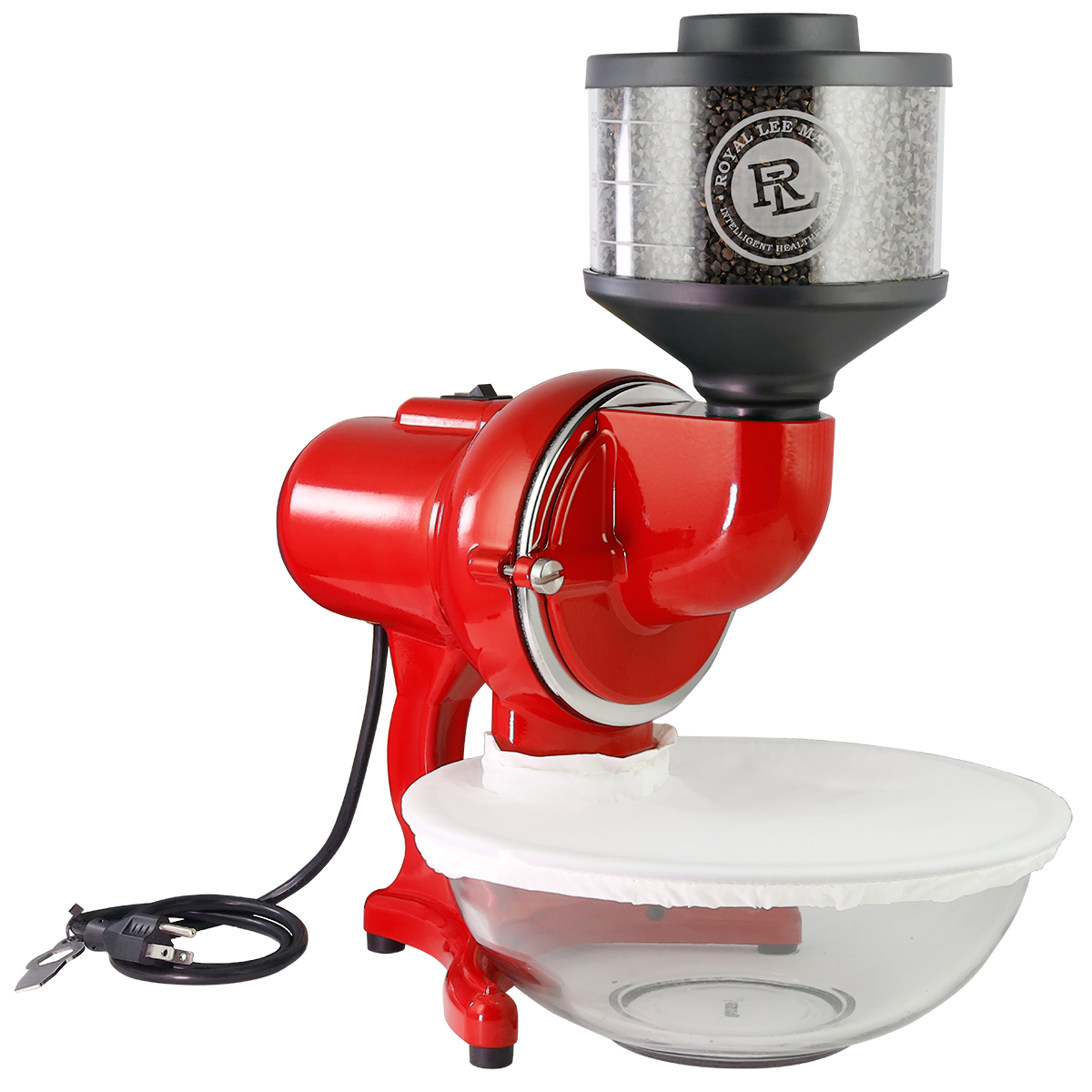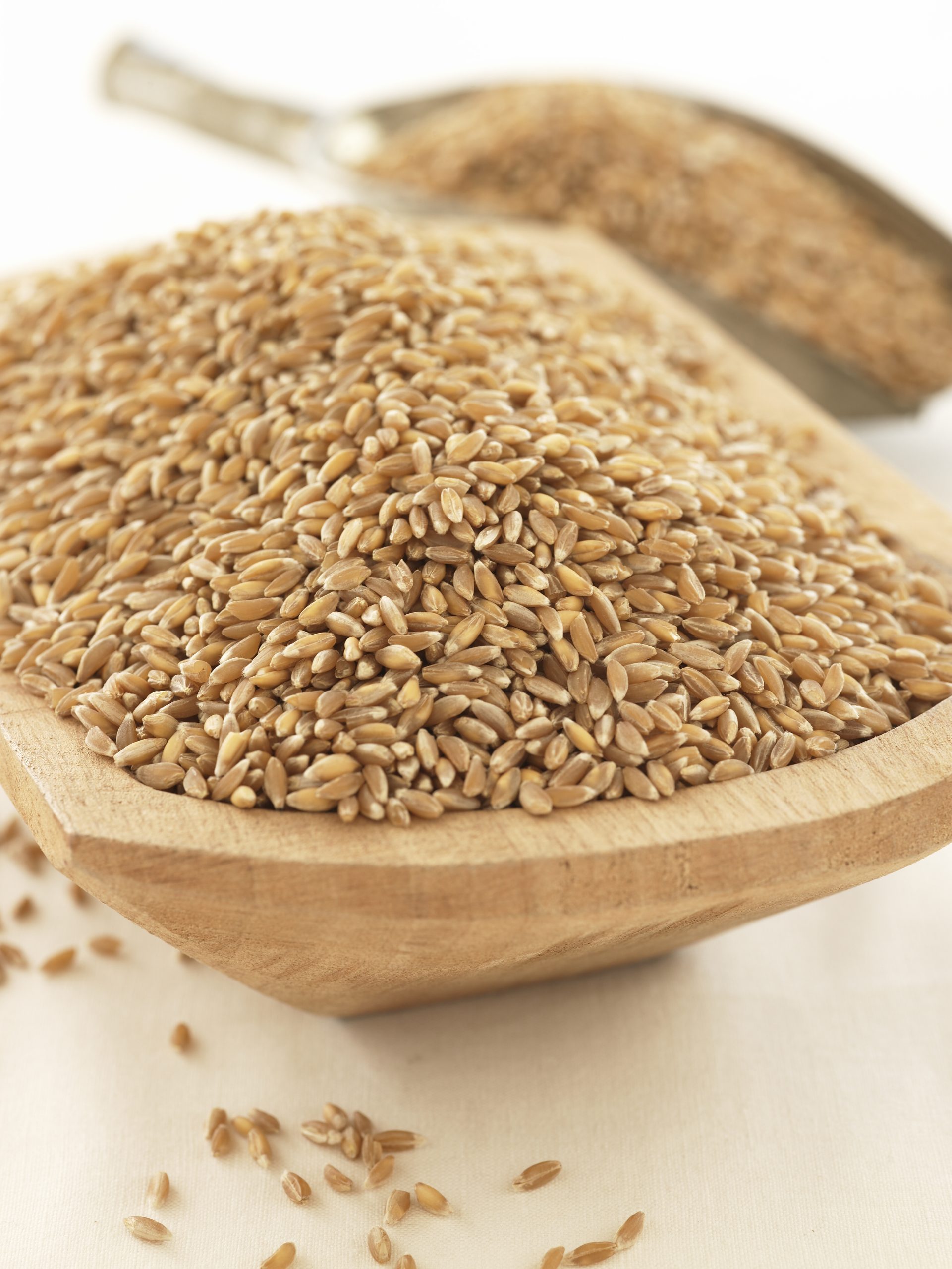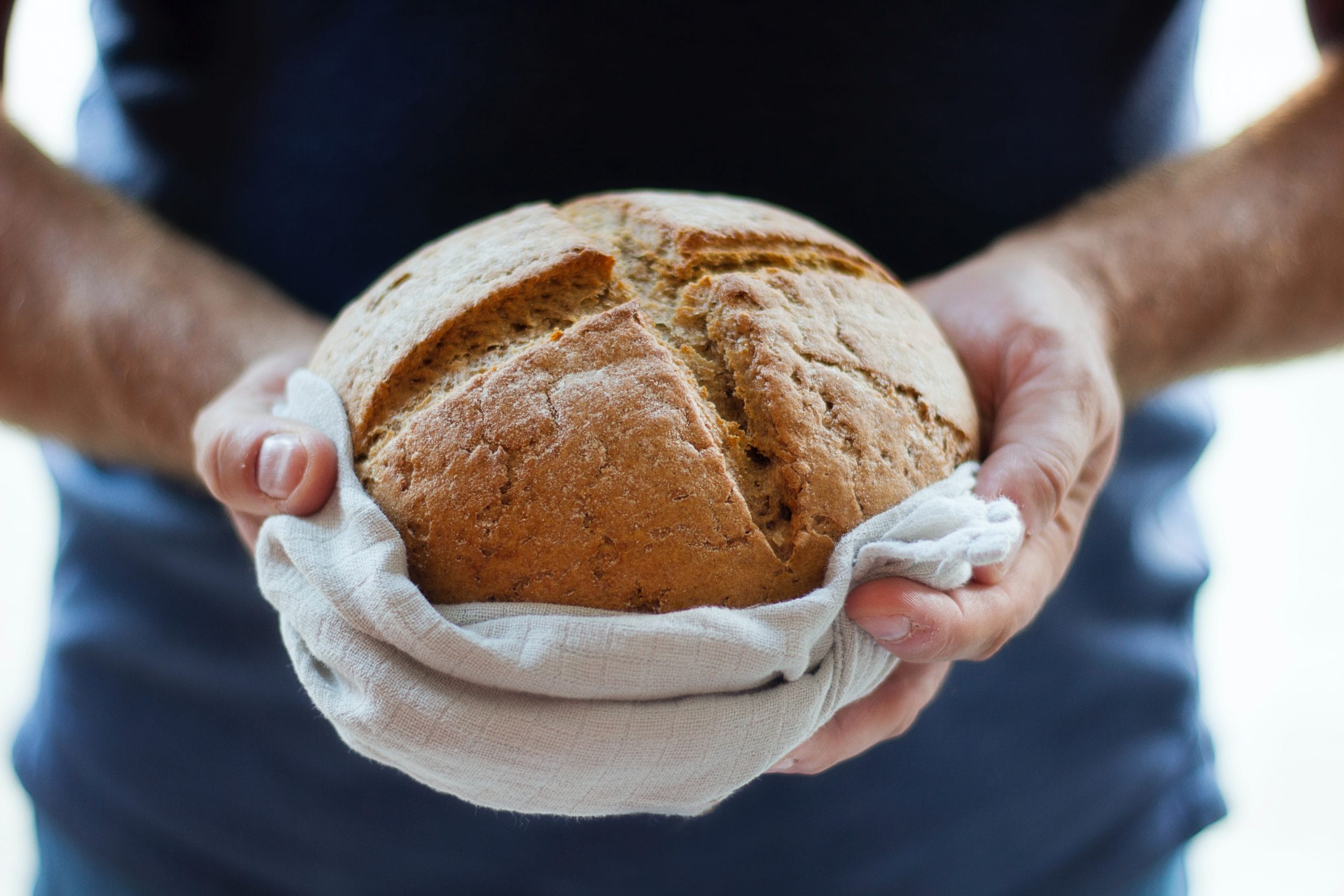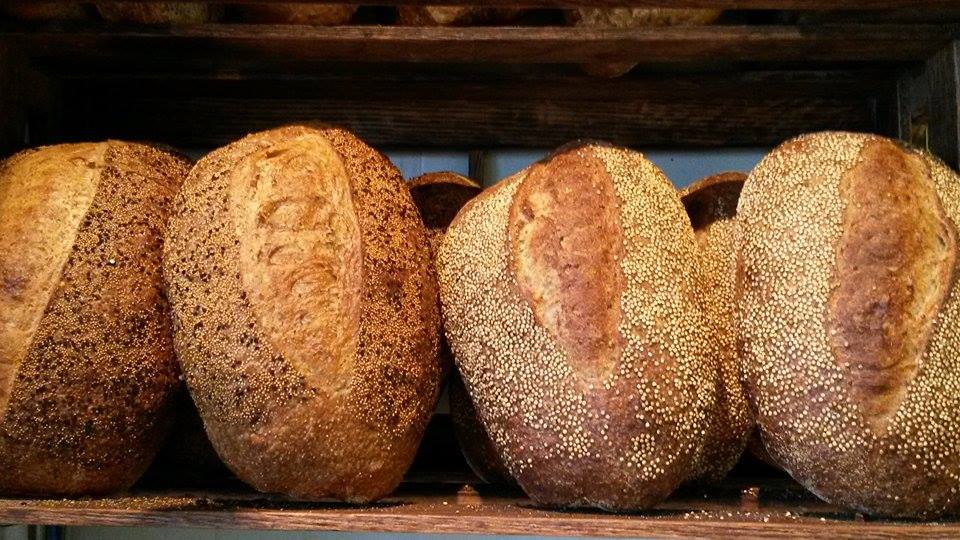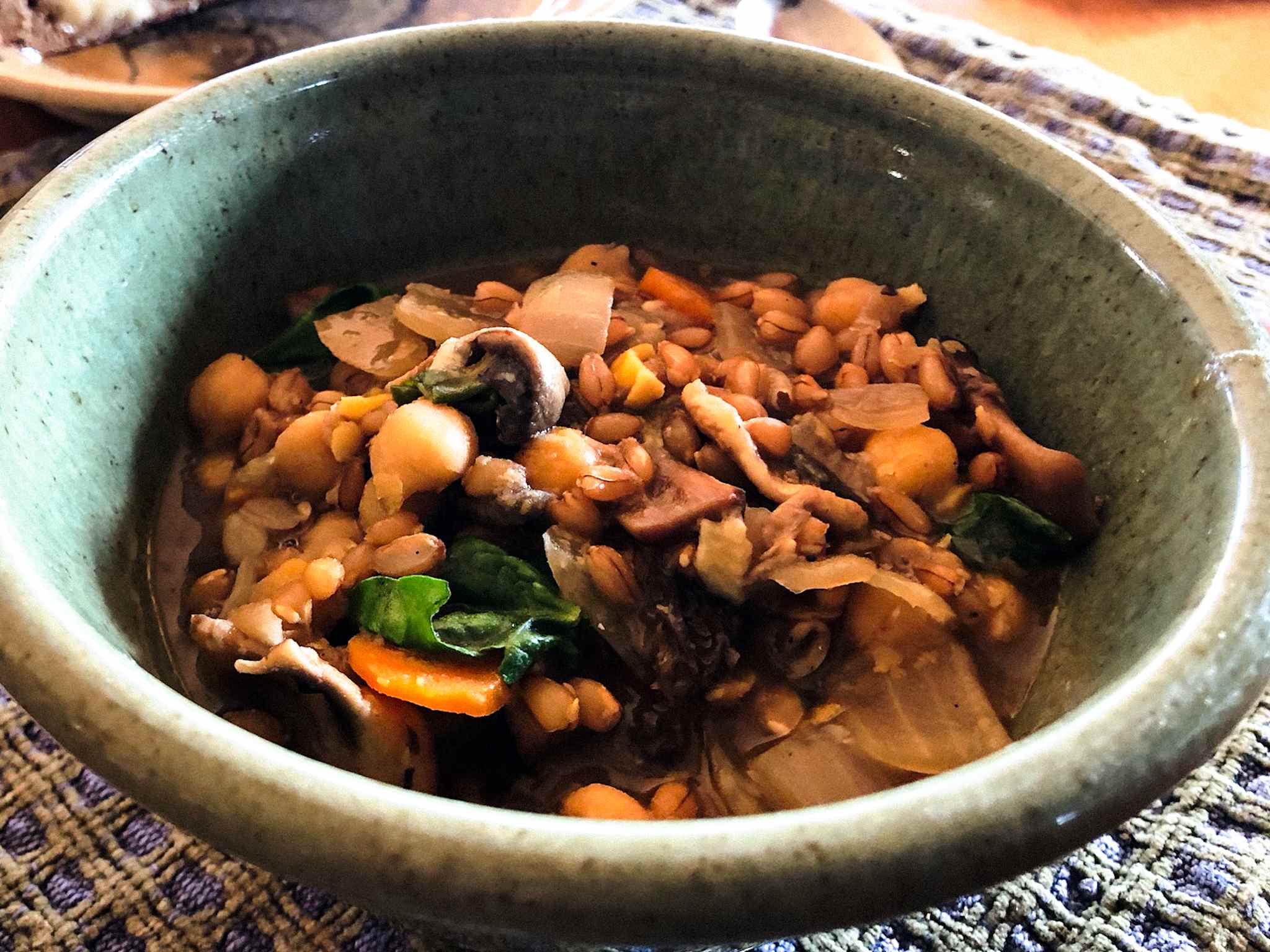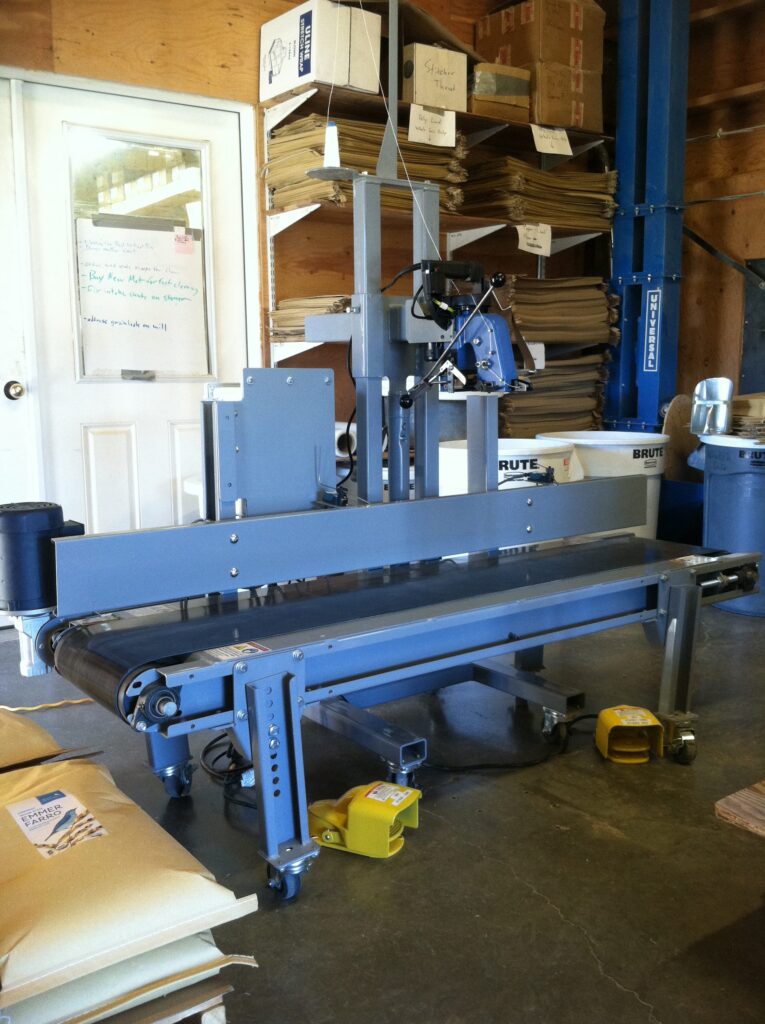By Ashley Lodato, Bluebird Grain Farms staff writer
When he was in high school, Edouardo Jordan decided he would one day write his own cookbook. Now, nearly 20 years later, Jordan still hasn’t written that book but it’s not for lack of material; it’s for lack of time. A seemingly whirling dervish of culinary arts and fine dining, Jordan has hardly come up for air since graduating from culinary school at Le Cordon Bleu in Orlando in 2005.
No stranger to cooking, Jordan entered culinary school with a substantial background in cooking for the people he loved. As a child, Jordan’s mother, Velda, and his grandmother, Maggie, “forced him into the kitchen,” telling him that cooking would make him a better man and a more artistic person. During what Jordan calls his “involuntary presence in the kitchen,” Jordan learned the lessons and recipes that would form the foundation for his later success as a chef and restauranteur. Mother, apparently, did know best.
Later, while a student of Business Administration and Sports Management at the University of Florida, Jordan nurtured his minor in nutrition by feeding his friends and fraternity brothers in Alpha Phi Alpha. When he returned to his hometown of St. Petersburg, Florida, following graduation in 2003, Jordan became an entrepreneur by successfully starting his own online restaurant guide.
After culinary school at Le Cordon Bleu, Edouardo both worked and apprenticed (as is customary for culinary school graduates) in Michelin-starred restaurants such as The French Laundry and Per Se, in Florida, California, Washington, and New York. Around this time Jordan became interested in meat curing and spent time studying under a sixth-generation salumist in Parma, Italy. Pursuing this interest turns out to have been a formative experience for Jordan, and ultimately later influenced the name of the restaurant he opened in Seattle’s Ravenna neighborhood in 2015–Salare.
Salare. Say it in Italian–“sah-LAH-ray”–and roll that “r.” The word is almost liquid. It means “to salt” or “to preserve” in Italian, and it so cleverly captures the most critical aspects of Jordan’s philosophy. First, it’s a testament to Jordan’s interest in primal techniques and ancient methods for preserving foods and to his restaurant’s signature charcuterie. Second, the Latinate word is a nod to Jordan’s investment in a diverse food culture, as the restaurant features dishes from the American South, to Africa, to Europe, and the Caribbean Islands. And third, the word embraces the very experience that Jordan wants diners at Salare to have: one that is memorable–“preserved,” in a sense.
Salare is both studiously unpretentious and subtly elegant. “A modern mom-and-pop restaurant,” Jordan calls it. The menu is inventive, but somehow familiar. Items like meatballs and cornbread ground the menu, but diners can find surprises in Pacific octopus, honeycomb tripe, and einkorn.
Einkorn? Did someone say einkorn? Jordan is among a growing number of chefs featuring Bluebird Grain Farms’ Einka einkorn on menus. Jordan is no stranger to Bluebird Grain Farms, having served both emmer farro and Bluebird’s hot cereals at Salare. He even features einkorn ice cream on his dessert menu.
Bluebird Grain Farms‘ products, along with the other Northwest-sourced items on Salare’s menu, are a fine fit for Jordan’s philosophy, as well as for Salare’s clientele. “People in the Northwest want to know where their food comes from and how it’s produced,” says Jordan. “It’s about seasonality, sustainability, locality, and preserving the ingredients’ integrity.” Jordan notes that the area he grew up in was surrounded by franchise businesses. “A lot of them had no soul.” People in Seattle like good food, says Jordan, “and that’s the most important thing I am trying to provide. Beyond flavor and taste, people are interested in trying something different, something just a little unfamiliar to them.”
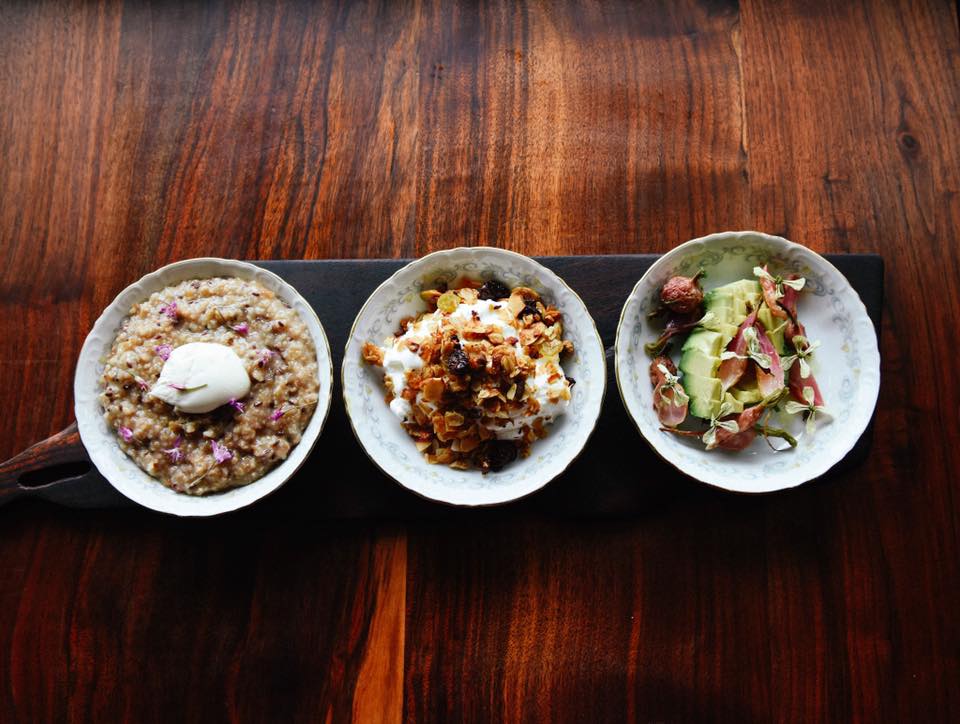
Salare’s staff seems to be almost deliberately international, but that’s just a happy coincidence, says Jordan. “I love everyone and think everyone can bring something different to the party. I have an open door with resumes and I base my hiring on skill, desire to do the job, ability to do the job, and passion for the industry.” This focus on desire, ability, and passion has served Jordan well, not only from a hiring perspective but even more importantly as elements that have driven the trajectory of his own career.
Growing up as a child in an underserved neighborhood in St. Petersburg, Florida, Jordan says that he didn’t always make great decisions. “My friends were doing stupid things, skipping school, stealing. Some even died,” he says. But a middle school teacher told Jordan “You have potential, but you’ve got to make better life decisions.”
So Jordan did. He started playing sports, took AP classes. In college, he says, “I surrounded myself with people different from me, people who made me feel uncomfortable, in a good way. People who made me push.” He passes this strategy on to kids when he participates as a guest speaker with the DreamFaith Foundation, which is aimed at empowering the country’s underprivileged youth by equipping them with the necessary tools to overcome life’s challenges. “You have to have a dream,” he tells them, “you have to have a goal.”
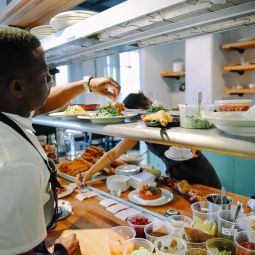
Jordan has been focused on his culinary goals for nearly three decades now, but that doesn’t mean that he spends all of his time in the kitchen. “The restaurant is a moving force,” says Jordan. “One day I’m the chef, the next day I’m a life coach, the next day I’m a plumber.” Add that to electrician, painter, carpenter, window-washer–not to mention father and husband–and you begin to see that Salare is more than just a job or a project for Jordan, it’s a way of life. Still, Jordan seems to be weathering the challenges of restaurant ownership, perhaps by his channeling of Forest Gump’s philosophy. “Life is like a box of chocolates,” Jordan says, quoting Gump. “You never know what you’re gonna get.”
Salare’s customers, however, know exactly what they’re going to get when they make a reservation: an eclectic menu laced with superb dishes, an elegantly comfortable dining area, and thoughtful, attentive service. Jordan’s stamp is on every aspect of the dining experience–his commitment to the quality of all things Salare. And what Jordan pours into his customers, his customers pour right back. “Seattle and the Ravenna neighborhood have shown a lot of love,” he says.
You can learn more about Salare by visiting their website or Facebook page.
 Farmer Sam has also been busy helping Classroom in Bloom expand their educational garden at Liberty Bell High School.
Farmer Sam has also been busy helping Classroom in Bloom expand their educational garden at Liberty Bell High School.
 Washington Pass on Highway 20 is now open, so you western Washington residents should come out for a visit. Check out this fascinating video showing some of the techniques that WSDOT uses to clear the highway. The skiing at the pass is excellent, and the wildflowers are amazing down in the valley. We always love visitors so feel free to stop by the granary and say hi.
Washington Pass on Highway 20 is now open, so you western Washington residents should come out for a visit. Check out this fascinating video showing some of the techniques that WSDOT uses to clear the highway. The skiing at the pass is excellent, and the wildflowers are amazing down in the valley. We always love visitors so feel free to stop by the granary and say hi.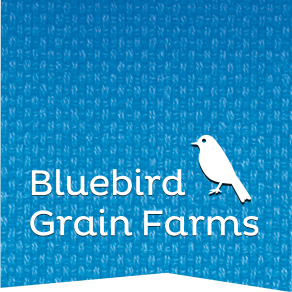
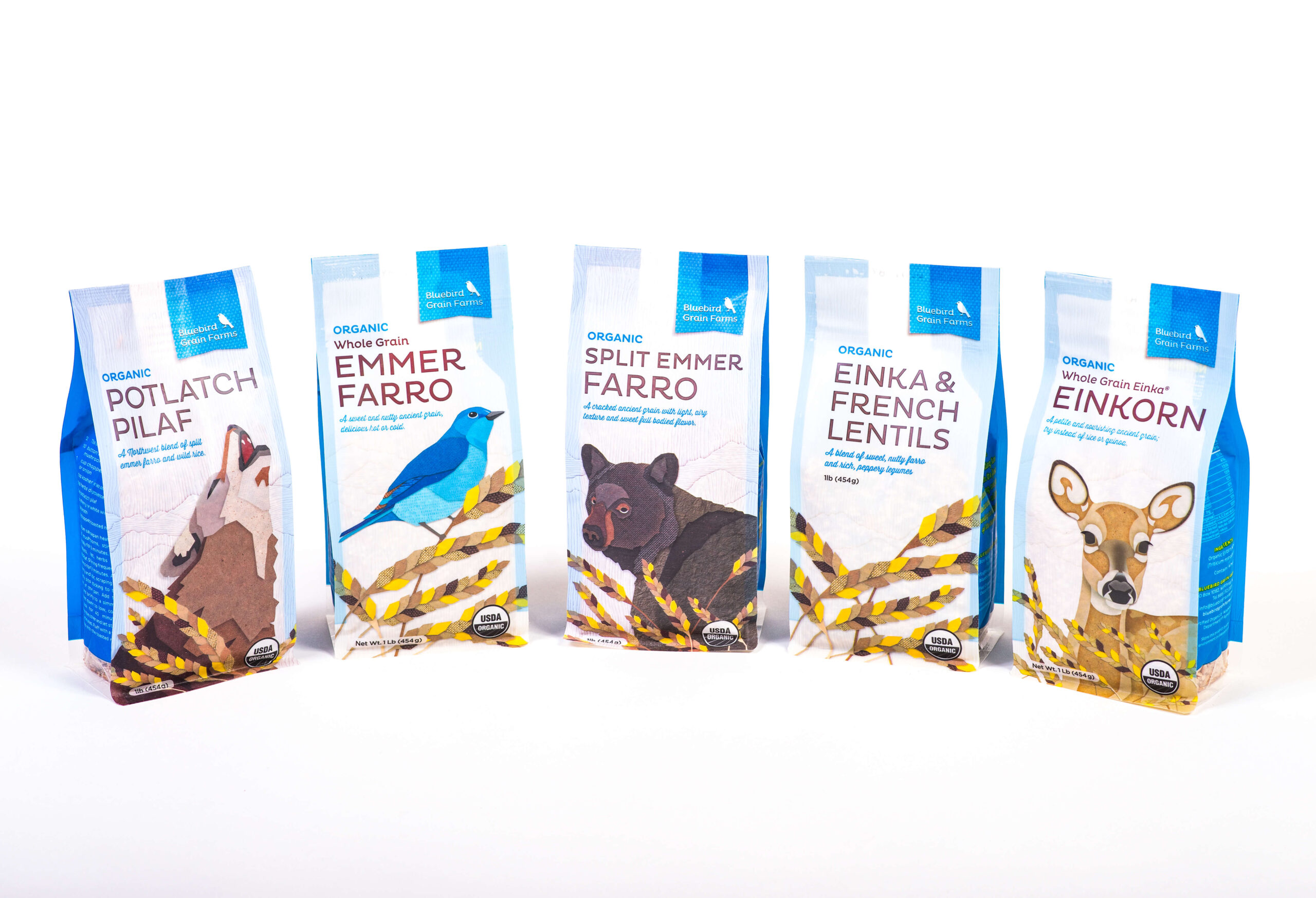

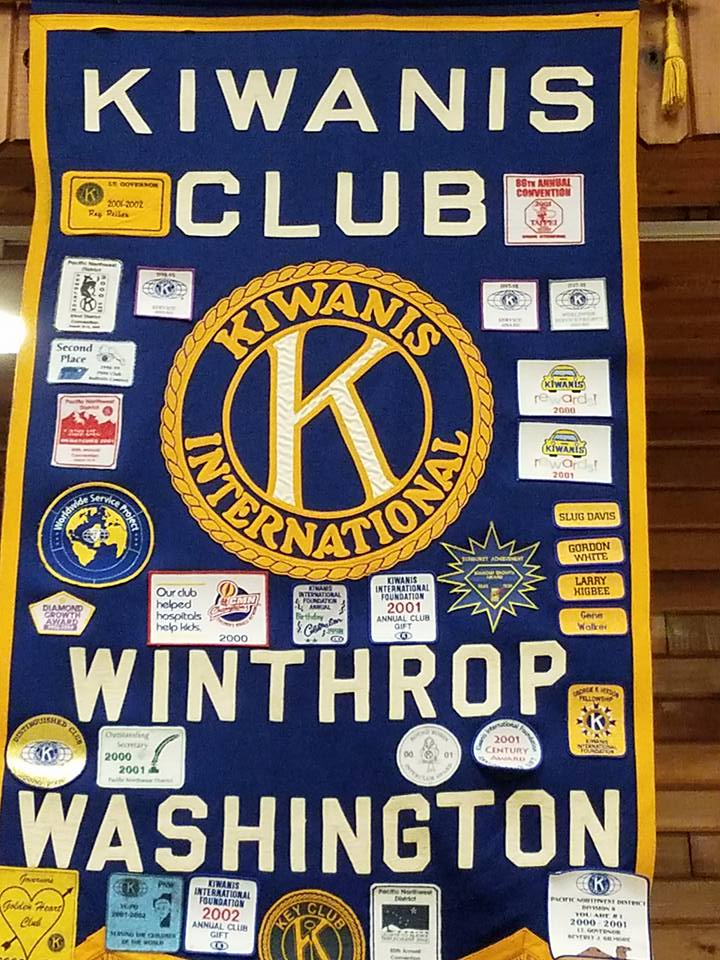
 a lighter texture than whole farro so is perfectly suited for soups and pilafs. Our split emmer is currently on sale for 15%-25% off; check out our
a lighter texture than whole farro so is perfectly suited for soups and pilafs. Our split emmer is currently on sale for 15%-25% off; check out our 
 Bremerton is abuzz about
Bremerton is abuzz about  It’s this acceptance of the appropriateness of “sin” in food that makes Saboteur’s cafes such welcoming places. “I don’t preach about ingredients,” Tinder says. “I present the food the way I believe it should be presented, and then we treat people with respect and let them make their own decisions.”
It’s this acceptance of the appropriateness of “sin” in food that makes Saboteur’s cafes such welcoming places. “I don’t preach about ingredients,” Tinder says. “I present the food the way I believe it should be presented, and then we treat people with respect and let them make their own decisions.” Tinder learned of
Tinder learned of  Some of the time to figure out new programs and next moves comes during the biannual bakery closures–once in the summer and once in the winter. They travel a bit, visit old friends in California, and then head back to Bremerton to work. “I do a lot of brainstorming in my head and on paper,” Tinder says. “Saboteur is a small business and I can’t afford to just buy a bunch of expensive ingredients and experiment. But I do pretty well with the preliminary stages happening on paper.”
Some of the time to figure out new programs and next moves comes during the biannual bakery closures–once in the summer and once in the winter. They travel a bit, visit old friends in California, and then head back to Bremerton to work. “I do a lot of brainstorming in my head and on paper,” Tinder says. “Saboteur is a small business and I can’t afford to just buy a bunch of expensive ingredients and experiment. But I do pretty well with the preliminary stages happening on paper.”